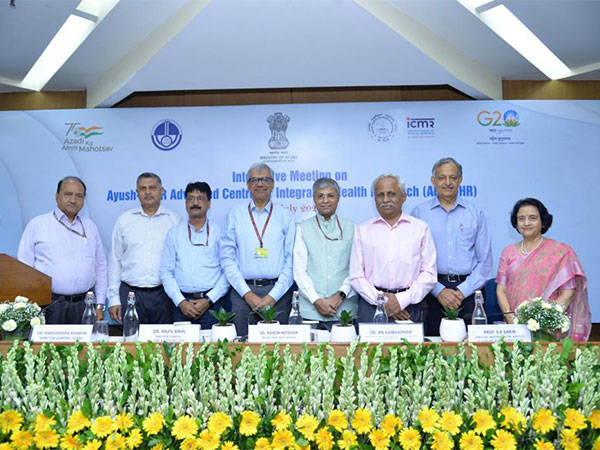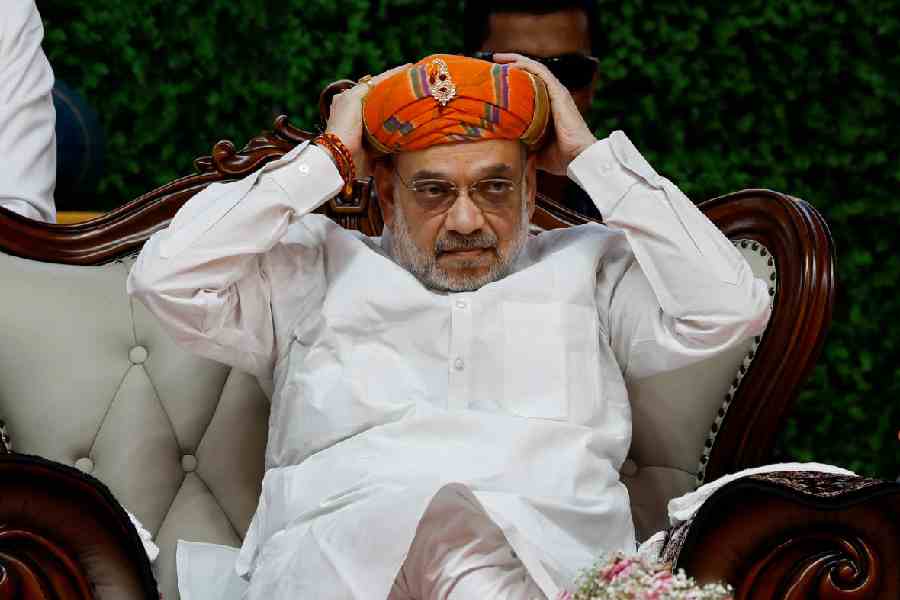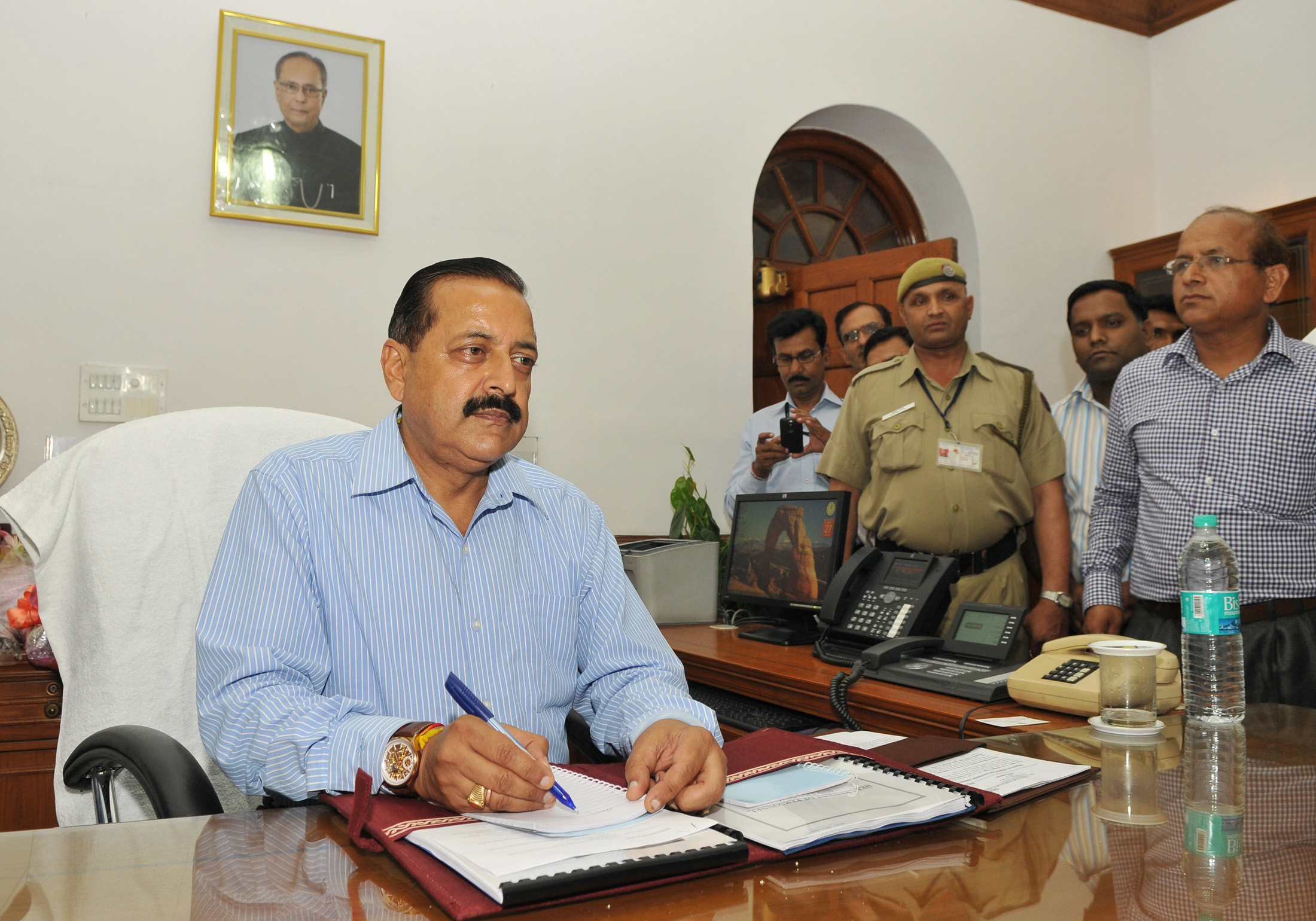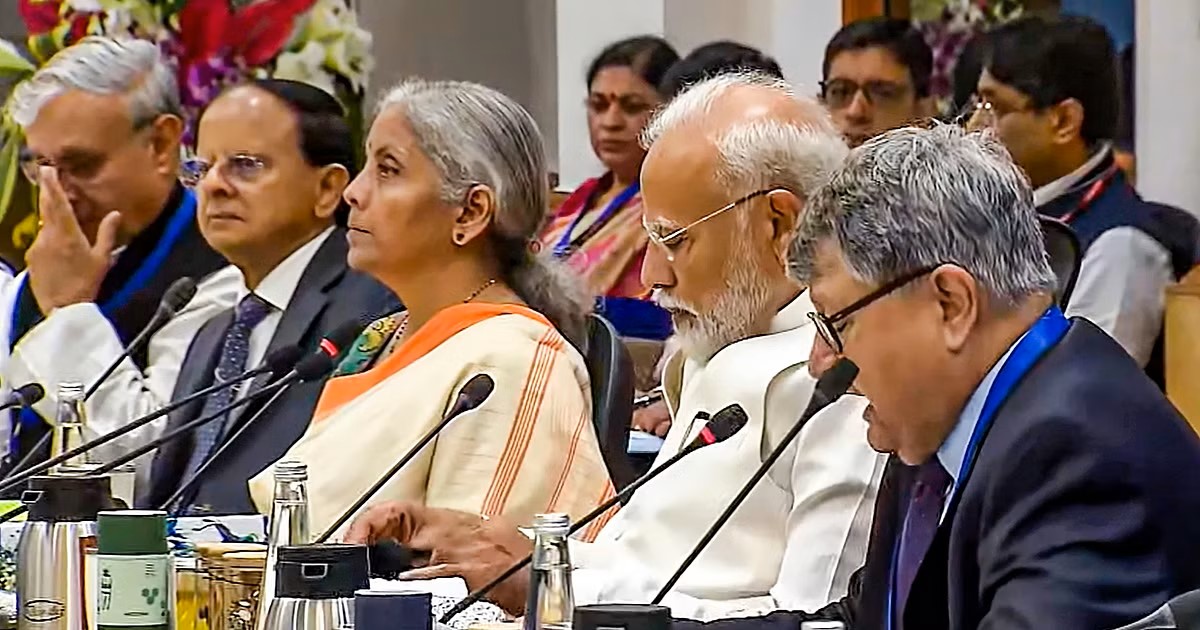March 3rd, 2024 marks a significant day for the advancement of Ayush (Ayurveda, Yoga & Naturopathy, Unani, Siddha, and Homeopathy) healthcare in India. A series of major announcements by the Union Ministers of AYUSH and Health & Family Welfare highlights the government’s commitment to promoting evidence-based integration, improving service quality, and fostering traditional education within the Ayush sector.
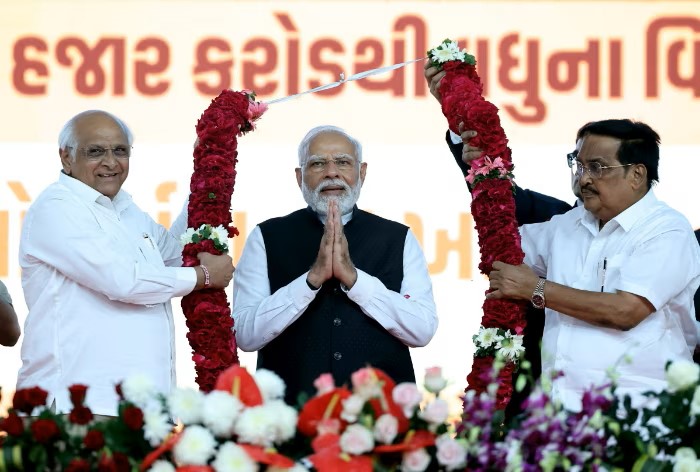 1. Collaborative Research for Integrative Healthcare:
1. Collaborative Research for Integrative Healthcare:
The establishment of four Ayush-ICMR Advanced Centers for Integrative Health Research (AI-ACIHR) within select All India Institutes of Medical Sciences (AIIMS) presents a groundbreaking initiative. These centres will serve as hubs for collaborative research, bringing together the expertise of both modern medicine and traditional Ayush practices. This approach aims to:
- Generate robust scientific evidence: By conducting rigorous research and clinical trials, AI-ACIHRs will contribute to creating a stronger evidence base for the efficacy and safety of integrating Ayush therapies with conventional medical treatments.
- Address specific health concerns: Each AI-ACIHR will focus on a specific area of healthcare, such as gastrointestinal disorders, women and child health, geriatric health, and cancer care. This targeted approach allows for in-depth exploration of the potential benefits of Ayush interventions within these specific contexts.
- Foster collaboration: Bringing together researchers and practitioners from diverse backgrounds within AI-ACIHRs fosters a culture of collaboration and exchange of knowledge. This interdisciplinary approach can lead to innovative solutions and advancements in integrative healthcare.
2. Combating Anemia through Research and Collaboration:
The announcement of a multicenter clinical trial focused on addressing iron deficiency anaemia in non-pregnant women is another significant step. This initiative, undertaken by the Central Council for Research in Ayurveda and Siddha (CCRAS) in collaboration with the Indian Council of Medical Research (ICMR), exemplifies the government’s commitment to:
- Evidence-based solutions for public health challenges: The study will assess the effectiveness and safety of specific Ayush formulations alongside existing therapies for anaemia. This data-driven approach holds the potential to inform future public health interventions and treatment guidelines.
- Leveraging traditional knowledge: Integrating traditional wisdom with modern scientific methods can lead to comprehensive solutions for addressing prevalent health concerns. This trial paves the way for exploring the potential of Ayush in addressing public health challenges.
3. Setting Standards for Quality Ayush Services:
The launch of Indian Public Health Standards for Ayush healthcare facilities marks a commendable step towards ensuring quality and uniformity across the sector. These standards establish benchmarks for various aspects, including:
- Infrastructure: Ensuring healthcare facilities have adequate facilities and equipment to provide safe and effective Ayush services.
- Human resources: Setting clear guidelines and qualifications for Ayush practitioners to ensure they possess the necessary skills and knowledge to deliver quality care.
- Medicines: Establishing standards for the quality, safety, and efficacy of Ayush medicines dispensed at these facilities.
By implementing these standards, the government aims to:
- Enhance accessibility: Establishing clear guidelines can facilitate the development of a robust network of quality Ayush service providers, making them more accessible to the public.
- Improve service quality: Standardized practices and protocols ensure patients receive consistent and reliable care across different Ayush facilities.
- Build trust and confidence: Public confidence in Ayush healthcare can be strengthened when quality standards are upheld and consistently monitored.
4. Celebrating Traditional Education and Recognizing Contributions:
The 27th Convocation ceremony of the Rashtriya Ayurveda Vidyapeeth and the accompanying national seminar further emphasize the government’s dedication to preserving and promoting traditional Ayush knowledge and practices. These events serve to:
- Recognize achievements in traditional education: Awarding certificates to students pursuing Ayurvedic education under the Guru-Shishya Parampara system acknowledges the value of this time-tested method of knowledge transmission.
- Facilitate exchange of ideas: The national seminar provides a platform for experts and practitioners to share knowledge, discuss contemporary issues, and explore new avenues for promoting the application of Ayush principles in various aspects of healthcare and well-being.
- Promote innovation: Recognizing and celebrating the contributions of eminent vaidyas (Ayurvedic practitioners) through awards can inspire future generations to pursue advancements within the field.

